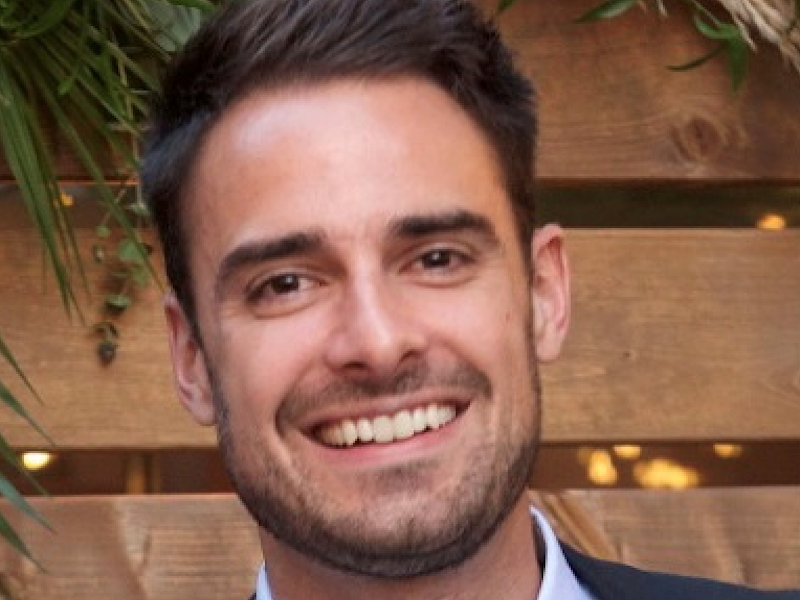

Recently, Canada’s Workplace Mental Health and Well-being Research Centre surveyed 141 employers, analyzing the practices they put in place during the coronavirus pandemic to see whether they’re still applicable to employees.
Organizations really put a focus on employee morale during the pandemic, said Eric Minardi, senior advisor in disability management at Desjardins Insurance, during Benefits Canada’s 2022 Mental Health Summit. He noted the survey found 72 per cent of employers already had a mental-health strategy in place or were looking to implement one soon — this is great compared to pre-pandemic, when only a third had one in place, said Minardi. “Organizations now understand they need to have a comprehensive mental-health strategy — not from a human perspective, but from an economic one, too.”
Read: Award finalists discuss mental health, enhanced communications amid pandemic
According to the survey, most employers believe group insurance programs are the first line of defence for mental illness. The vast majority (97 per cent) of respondents offer these benefits, with an average of 80 per cent coverage. However, only a third cover their permanent part-time employees, a group that’s comprised of young workers, women and people over age 55.
This is a red flag, said Minardi, noting these groups were hit harder during the pandemic. One quick fix would be to provide group insurance to everyone, he added. “Positive mental health shouldn’t depend on the number of hours you’re working. The more employees with health coverage there are in an organization, the longer those employees are likely to stay with that organization.”
The survey also found a third of employers increased their coverage during the pandemic, while 16 per cent were planning on doing so within the year. Currently, the average mental-health coverage for employees is $2,365, which is much more than Canadians are used to seeing. But there’s still room for improvement, said Minardi, noting the amount recommended by the Canadian Psychological Association is between $3,500 and $4,000. “And these coverage increases should be the cornerstone of mental-health strategies.”
He also highlighted the importance of connecting diversity, equity and inclusion in mental-health strategies. As employers increasingly think about DEI, they understand that when employees feel cared for and supported and that they can be their authentic selves at work, employers are putting their people in the position to thrive.
Read: How employers are integrating DEI into their benefits plans
While the survey found 43 per cent of employers already have culturally sensitive initiatives in place, 85 per cent haven’t adapted their health initiatives based on demographic groups. “This sparks a conversation,” said Minardi. “Should we be adapting our group insurance coverage for visible minorities, LGBTQ2S+ and Indigenous employees? We need to ask these questions. We want DEI to become part of the foundation of our workplaces and part of our DNA moving forward.”
If organizations really want to understand their employees’ reality, it’s important to do so with facts, figures and objective data, he added, noting that collecting information is a necessary step for any mental-health initiative. As organizations shift out of the pandemic, engagement surveys are more important than ever.
The survey found 78 per cent of employers already conduct these surveys, but 46 per cent do so less than once a year. “After everything we’ve been through, it’s likely that most employees would benefit from being checked on a few times a year — or at least more than once a year,” said Minardi, noting engagement surveys are also important in measuring profitability, as well as any sort of return on investment when it comes to mental-health initiatives.
He also suggested employers assess the effectiveness of the mental-health measures they put in place. That said, 41 per cent of employers surveyed have never measured this and 40 percent of those that do only assess their programs less than once a year.
When companies don’t measure the effectiveness of the programs they put in place, it makes it difficult for them to respond to their employees’ needs, noted Minardi.
